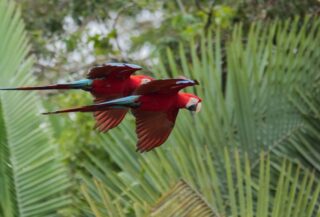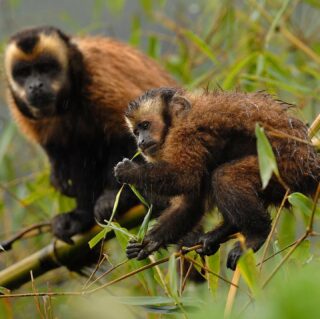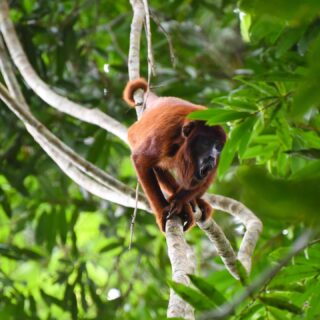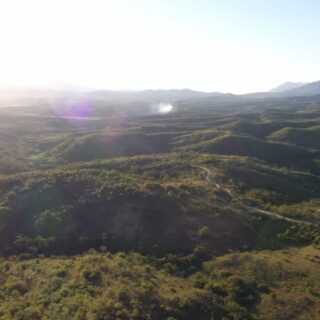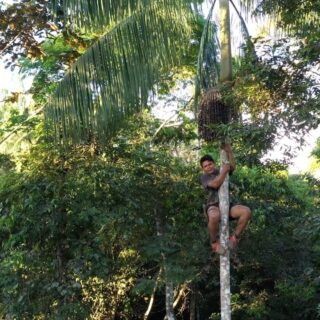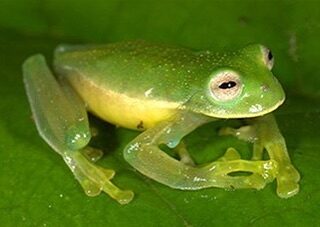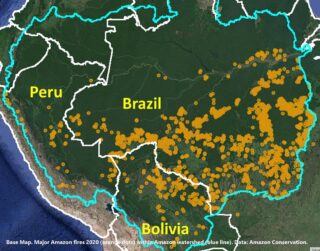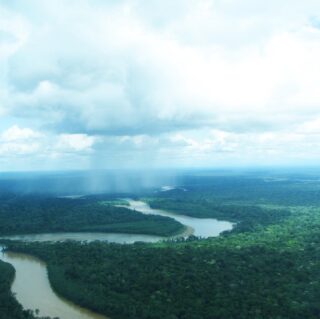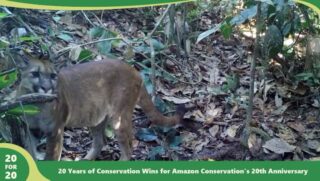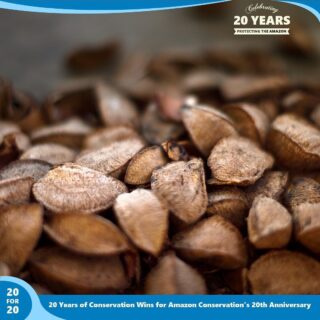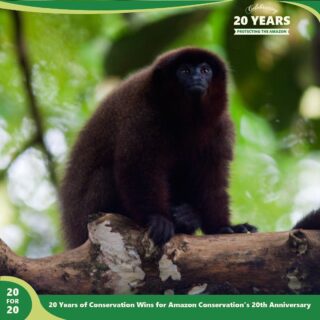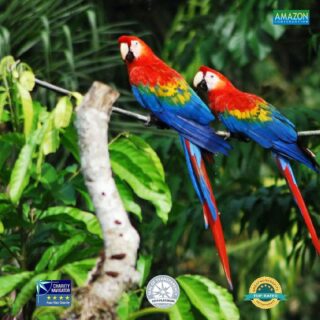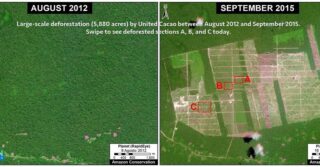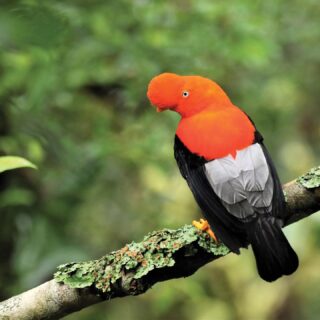Logging Concessions Enable Illegal Logging Crisis in the Peruvian Amazon
April 17, 2014
WASHINGTON, DC (April 17, 2014)—The megadiverse Peruvian Amazon is a globally important arena when it comes to promoting sustainable logging. Despite efforts to achieve sustainability, including a modern Forestry Law and an important Forestry Annex in the US–Peru Trade Promotion Agreement, illegal logging continues to plague the region.
These instruments reformed the legal logging concession system – which allows the Peruvian government to grant long-term contracts for logging rights on specific tracts of public land – and the seemingly comprehensive regulatory framework to manage it. There are currently 609 logging concessions in the Peruvian Amazon.
In a new study published today in the open-access journal Scientific Reports, researchers found that 68% of officially inspected concessions are either cancelled or under investigation for major violations of forestry regulations. Moreover, the nature of the violations indicates that the permits associated with legal concessions are used to harvest and transport trees in unauthorized areas.
“Our new study presents evidence that the legal logging concession system is in reality enabling an illegal logging crisis in the Peruvian Amazon despite important reform efforts,” said Matt Finer of the Amazon Conservation Association. “As a consequence, logging is not contained to concessions, and instead, it threatens all forested lands, including protected areas and indigenous territories.”
The findings derive from analyzing nine years of official information from OSINFOR1 , the supervisory body in Peru that conducts post-logging inspections. In the majority of inspected concessions, OSINFOR documented: timber extraction outside of concession limits, extraction or transport of illegal timber, non-compliance with management plans, and submission of false or incomplete information.
Many of the violations pertain to the illegal extraction of threatened cedar species that are listed under the Convention on International Trade in Endangered Species of Wild Fauna and Flora (CITES), which aims to ensure that international trade in species does not threaten their survival.
“Overall, we found a troubling, yet common, pattern indicating that legal logging permits are often used to facilitate the extraction and transit of timber outside the concession area,” said Melissa Blue Sky of the Center for International Environmental Law.
Through the analysis of reports of inspected concessions, the study found that logging concession owners often indicate the presence of abundant timber, particularly cedar, in their management plan and then claim authorized logging took place. However, when OSINFOR eventually inspects the concession area, they often find that the information in the management plan was false because there are no stumps of the supposedly harvested trees.
“Despite important reforms, much of the timber coming out of the Peruvian Amazon is still likely sourced outside of authorized concession areas,” said Clinton Jenkins of the Instituto de Pesquisas Ecológicas in Brazil. “More reforms and enforcement of regulations are obviously still needed.”
Another key finding of the study is that OSINFOR’s regulatory work is critically important to improving the concession system. “OSINFOR deserves additional support, not less, as the office is increasingly criticized by loggers whose concessions have been canceled,” said Finer.
A new Forestry Law was passed in July 2011, but has not yet gone into effect due to delays in the adoption of the implementing regulation. “Unfortunately, the new 2011 Forestry Law and implementing regulation, which is under development, currently fall short of what is needed to address this problem,” said Blue Sky.
++++++
CONTACT Matt Finer (Amazon Conservation Association) mfiner@amazonconservation.org, Tel: 202-234-2356
Clinton N. Jenkins (Instituto de Pesquisas Ecológicas) clinton.jenkins@gmail.com
Melissa Blue Sky (Center for International Environmental Law) mbluesky@ciel.org
Justin Pine (Northern Arizona University) jrp263@nau.edu
Amazon Conservation Association (ACA) and its sister organization in Peru, Conservación Amazónica-ACCA, have been pioneers in conserving biodiversity in the southwest Amazon since 1999. They seek to preserve the world’s richest forests, train the next generation of Amazonian conservationists, and help people in the Amazon live better lives through sustainable means.
Center for International Environmental Law (CIEL) uses international law and institutions to protect the environment, promote human health, and ensure a just and sustainable society. CIEL is a non‐profit organization dedicated to advocacy in the global public interest, including through legal counsel, policy research, analysis, education, training and capacity building.
The Instituto de Pesquisas Ecológicas (IPÊ) is one of the largest environmental NGOs in Brazil with over ninety professionals working in more than forty projects throughout Brazil. IPÊ undertakes an integrated action model, developed through decades of experience, which combines research, environmental education, habitat restoration, and community involvement with sustainable development, landscape conservation and policy-making.
1 Organismo de Supervisión de los Recursos Forestales y de Fauna Silvestre

